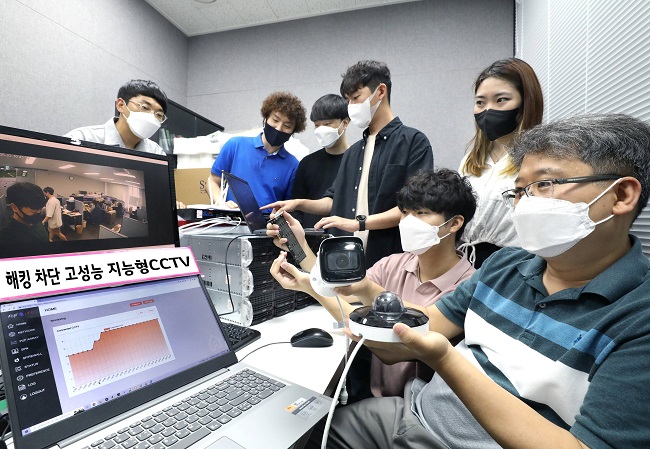Spyware industry develops most zero-days and governments promote it
Commercial spyware vendors appear to be the largest developers of zero-day vulnerabilities. Through these vulnerabilities, spyware such as Pegasus and Predator can be installed on devices worldwide. This was stated in a report by Google, in which the tech company is also calling for greater actions against the practices of the spyware industry. Governments should ban those actions, but that is hard because they themselves are buyers of the spyware.
Last year, the Threat Analysis Group (TAG) at Google closely monitored the activities of 40 commercial spyware vendors (CSVs). With the study, TAG determined that these vendors were responsible for 80 percent of the zero-day vulnerabilities found by TAG in 2023. It means that these vendors sought and exploited the vulnerability. The exploitation was aimed at spying on devices around the world.
Pegasus and Predator
In the report, TAG mentions several of these CSVs by name. They are said to include Cy4Gate, RCS Lab, Negg Group and Variston. Intellexa is also named as the developer of the Predator spyware. This spyware came into the spotlight late last year following an Amnesty International investigation. Predator was allegedly purchased by at least 25 countries and deployed to spy on U.S. and EU politicians.
Another vendor, perhaps even better known, is NSO Group. This company made plenty of headlines after the discovery of Pegasus spyware. This software came to light after Apple contacted top European officials on the possibility of spyware on their Apple devices.
Only a fraction of the reality
Commercial spyware vendors appear to have increasingly focused on zero-day vulnerabilities over the years. Over ten years, Google can attribute 35 of the 72 zero-day vulnerabilities found and exploited to these vendors.
So over a ten-year period, the percentage does not even reach 50 percent. Last year, however, it had already reached 80 percent. It seems like these commercial vendors have, mainly in recent years, scaled up their activities to find and exploit zero-day vulnerabilities.
Still, there is another possible conclusion. Namely, TAG’s study assumes the zero-day vulnerabilities found. Researchers have…





